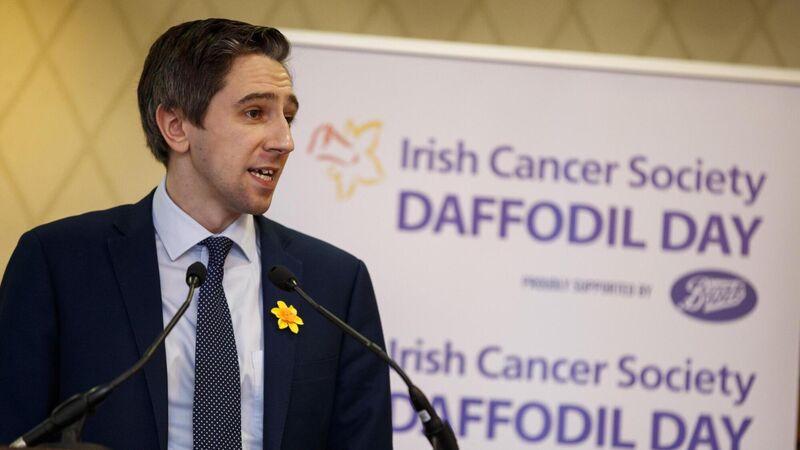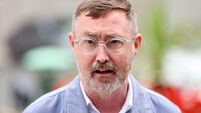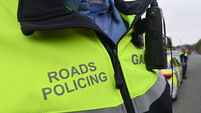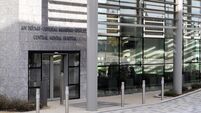Cancer outcomes 'at risk of going backwards', experts warn Taoiseach

Simon Harris pictured speaking at the launch of the Irish Cancer Society’s Daffodil Day in 2019. The National Cancer Strategy first published by Mr Harris as minister for health in 2017. Picture: Andres Poveda
Cancer survival rates will decrease unless "proper funding" is invested in Ireland's healthcare system, the Taoiseach has been warned by a group of the country's leading cancer experts.
In an open letter, 21 doctors and researchers have warned of the threat to the country's cancer services and demanded investment for the National Cancer Strategy first published by Mr Harris as minister for health in 2017.













